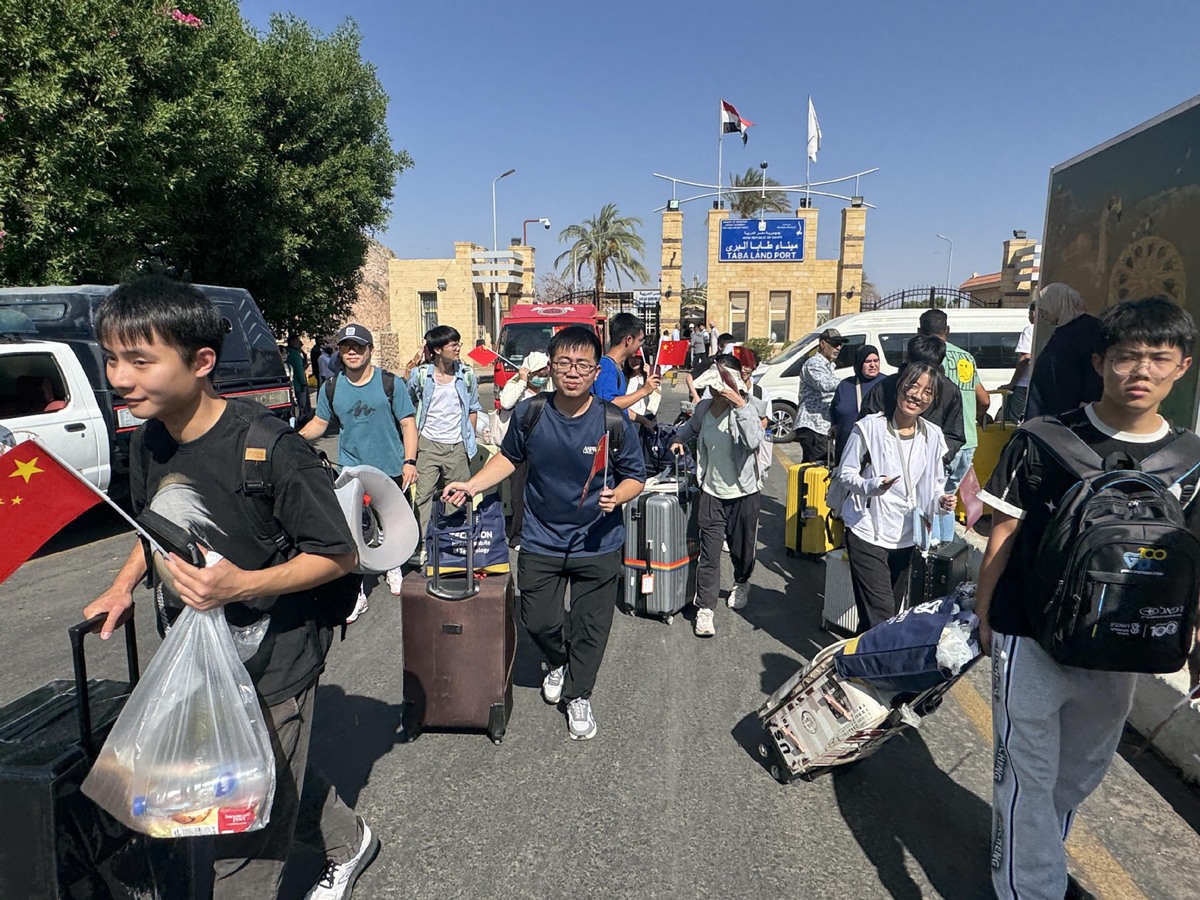Diplomacy intensifies to avert escalation


The international community from the United Nations to Asia and Europe scrambled for diplomatic discussions on Friday to avert a regional escalation of the Israel-Iran conflict as aerial bombardments between the two countries entered a second week amid US indications of possible military intervention in two weeks' time.
"I reiterate my call for immediate de-escalation leading to a ceasefire. I strongly appeal to all to avoid any further internationalization of the conflict," said United Nations Secretary-General Antonio Guterres.
In a post on social media on Thursday, he said: "I condemn the tragic and unnecessary loss of lives and injuries to civilians in both Israel and Iran. … Diplomacy remains the best and only way forward."
The message echoed a call by Chinese President Xi Jinping in his phone conversation with Russian President Vladimir Putin on Thursday, which prioritized a ceasefire to restore peace.
Chinese Foreign Ministry Spokesperson Guo Jiakun said at a press briefing on Thursday: "To escalate the conflict creates no winners, and will only cause even more damage and lead to larger turmoil. China strongly calls on the parties to the conflict, especially Israel, to act in the larger interest of the well-being of people of countries in the region, stop the conflict immediately, and de-escalate the situation."
Iranian Foreign Minister Seyyed Abbas Araghchi, urged action from the UN Security Council in a post on social media on Friday after Iran's Arak Heavy Water Reactor was bombed on Thursday.
"As the Security Council convenes today, it is imperative that it upholds and enforces its own Resolution 487 — adopted unanimously to condemn the Israeli regime's 1981 attack on Iraq's nuclear facility," said Araghchi.
The UN Security Council was scheduled to hold an open emergency session on Friday on the topic of "threats to international peace and security".
The agenda item was requested by Iran in a letter dated June 18. Algeria, China, Pakistan and Russia supported the request for the meeting. Iran and Israel are expected to participate in the briefing under rule 37 of the Council's provisional rules of procedure, according to the Security Council report.
Araghchi was also due to meet with the foreign ministers of Germany, France and Britain in Geneva on Friday, and had earlier updated his Egyptian counterpart on the situation.
The ministers will first meet with the European Union's top diplomat, Kaja Kallas, at Germany's permanent mission in Geneva.
British Foreign Minister David Lammy, in a post on social media before heading to Geneva said: "Now is the time to put a stop to the grave scenes in the Middle East and prevent a regional escalation that would benefit no one."
On Thursday, White House press secretary Karoline Leavitt relayed a message of US President Donald Trump to reporters: "I will make my decision whether or not to go within the next two weeks. That's a quote directly from President Trump."
Leavitt was quoted as saying by Al Jazeera that the president "is always interested in a diplomatic solution", but he was "not afraid to use strength as well".
Dina Yulianti Sulaeman, director of the Indonesia Center for Middle East Studies, told China Daily that Trump setting a two-week time frame is "a signal that he does not want to engage in a direct war against Iran, and hopes the conflict will subside on its own."
Trump certainly considers the potential for huge losses if the US engages in a direct war, Sulaeman said.
Amid the latest developments, Iranian Acting Consul-General to Hong Kong Hassan Doutaghi reiterated that Iran's response has been "responsible and in accordance with international law" and his country has "never initiated any war and has, for decades, been a victim of aggression".
"All countries, intellectuals, artists and the global public must join the campaign to stop these aggressions. The outcome of this conflict will not only redefine the Middle East's structure but will also have a direct impact on the formation of a new world order," Doutaghi told China Daily.
Missile and drone attacks continued for the eighth day, causing more casualties in both Iran and Israel.
jan@chinadailyapac.com























